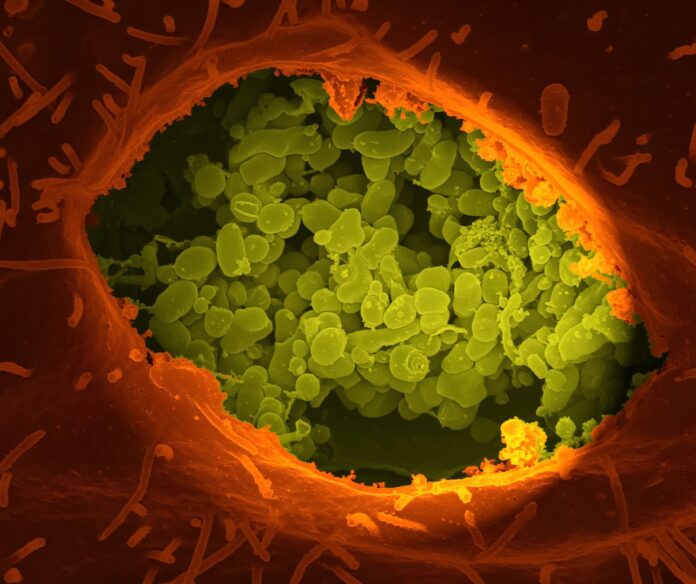Parkinson’s disease (PD) is a neurodegenerative disorder that affects over 6 million people worldwide. The disease is characterized by the loss of dopaminergic neurons in the substantia nigra, leading to motor symptoms such as tremors, rigidity, and bradykinesia. While the cause of PD is still unclear, recent research has suggested that alterations in the gut microbiota, known as the gut microbiome, may play a significant role in the pathology of the disease.
The gut microbiome refers to the complex community of microorganisms that inhabit the gastrointestinal tract. These microorganisms include bacteria, viruses, fungi, and protozoa, and they play a crucial role in the regulation of many physiological processes. The gut microbiome helps to digest food, synthesize vitamins, regulate the immune system, and protect against pathogens.
The gut microbiome is incredibly diverse, with each individual harboring a unique microbiota composition. The composition of the gut microbiome can be influenced by many factors, including diet, genetics, and environmental factors. Changes in the gut microbiome have been linked to various diseases, including inflammatory bowel disease, metabolic disorders, and neurological disorders such as Parkinson’s disease.
Recent studies have shown that alterations in the gut microbiome are associated with Parkinson’s disease. One study found that individuals with PD have a distinct gut microbiome composition compared to healthy controls. Specifically, individuals with PD had lower levels of bacteria from the Prevotellaceae family and higher levels of bacteria from the Enterobacteriaceae family. Additionally, the study found that individuals with PD had lower levels of short-chain fatty acids (SCFAs), which are produced by gut bacteria and have been shown to have neuroprotective effects.
Another study found that transplantation of fecal microbiota from PD patients into germ-free mice led to motor deficits and changes in the expression of genes involved in dopamine metabolism, compared to mice transplanted with fecal microbiota from healthy controls. These findings suggest that the gut microbiome may contribute to the pathogenesis of PD by influencing dopamine metabolism and motor function.
The mechanisms underlying the effects of the gut microbiome on Parkinson’s disease are not fully understood. However, several mechanisms have been proposed, including:
Inflammation: Alterations in the gut microbiome can lead to increased inflammation, which has been implicated in the pathogenesis of Parkinson’s disease. Inflammation can lead to oxidative stress and the production of reactive oxygen species, which can damage dopaminergic neurons.
Neurotransmitter production: Gut bacteria have been shown to produce neurotransmitters such as dopamine and serotonin, which are involved in the regulation of mood, behavior, and motor function. Alterations in the gut microbiome may lead to changes in neurotransmitter production, which could contribute to the motor symptoms of Parkinson’s disease.
Gut-brain axis: The gut microbiome communicates with the brain through the gut-brain axis, a bidirectional signaling pathway that involves neural, hormonal, and immunological pathways. Alterations in the gut microbiome can disrupt the gut-brain axis, leading to changes in neuronal function and behavior.
Alpha-synuclein aggregation: Alpha-synuclein is a protein that forms aggregates in the brains of individuals with Parkinson’s disease. Recent research has suggested that alpha-synuclein aggregates may originate in the gut and spread to the brain through the vagus nerve. Alterations in the gut microbiome may contribute to alpha-synuclein aggregation by promoting the misfolding and aggregation of alpha-synuclein.
In conclusion, alterations in the gut microbiome have been linked to Parkinson’s disease, suggesting that the gut microbiome may play a role in the pathogenesis of the disease. Mechanisms underlying the effects of the gut microbiome on Parkinson’s disease may include inflammation, neurotransmitter production, disruption of the gut-brain axis, and alpha-synuclein aggregation. Further research is needed to fully understand the complex interactions between the gut microbiome and Parkinson’s disease and to explore the potential for microbiome-based interventions for the prevention and treatment of the disease. Ultimately, these findings may lead to new insights into the pathogenesis of Parkinson’s disease and the development of novel therapeutic strategies.


